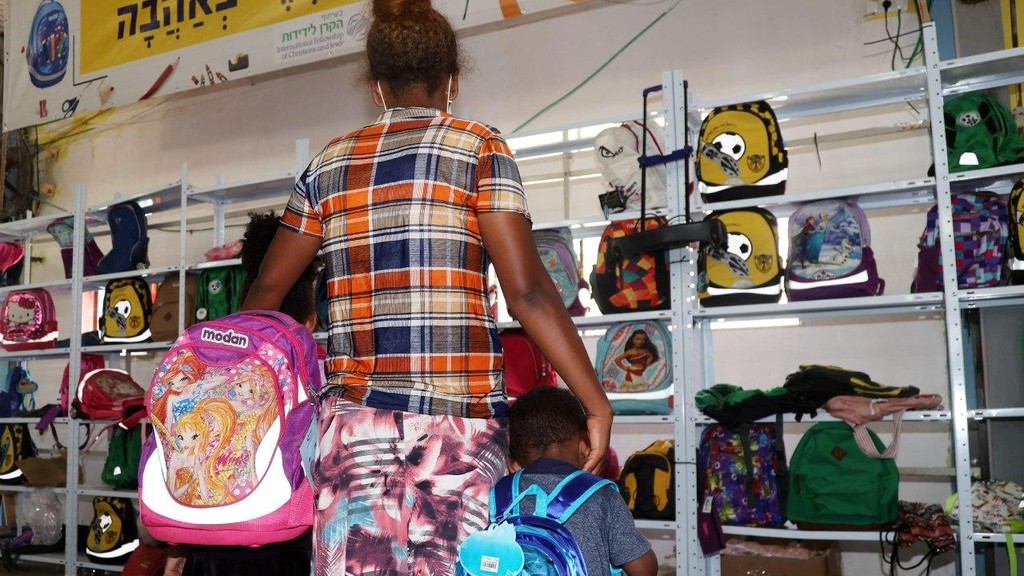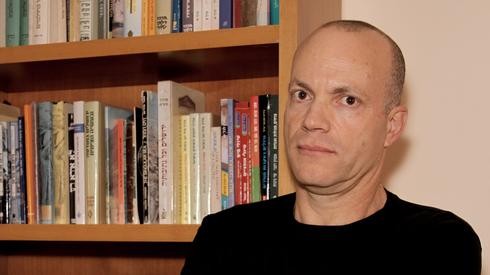Israel is in a deep and potentially long-term recession and the government response is not helping, according to Omer Moav, a professor of economics at the Interdisciplinary Center in Herzliya.
"We are at the beginning of an unusually deep recession and must be prepared for it to last for a long while," Moav told Ynet on Monday, a day after the Central Bureau of Statistics found Israel's GDP had fallen by 28% in the second quarter of 2020, the worst downturn in the country in four decades.
"Unlike other recessions, the main factor is fear over the pandemic," Moav said.
"People do not want to be infected by COVID-19 and that in tandem with measures limiting the economy has resulted in a massive drop in consumer activity in certain areas, but not in others. I think the central problem is the pandemic and not a reluctance to spend money."
Moav said, however, it was too difficult to predict whether this would change once a vaccine for COVID-19 becomes available.
"Obviously as long as people worry about getting infected the recession will continue," he said. "This is not just the result of government-imposed lock-downs. We see in studies around the world that there is a change in people's economic behavior."
But, Moav said, the government is botching its response to the economic crisis by sticking to inconsistent populist policies that he attributed to Netanyahu's plan to hold another round of elections.
"On the one hand, the government is heading in the direction of more lockdowns and less economic activity and on the other, ministers are throwing money at the public – ostensibly to jump-start the economy, and that is a contradiction," Moav said.
3 View gallery


An Israeli family receives donated school bags ahead of the new academic year
(Photo: Yariv Katz)
"I am particularly worried that if this populist policy continues, we would be in such debt that the economic crisis would be even worse. The prime minister is not really trying to save Israel's economy," he said. "This government is preoccupied with petty politics."
"The government is spending like there is no tomorrow with Netanyahu announcing new economic plans every other day," he said.
Moav also warned that a COVID-19 vaccine would not end Israel's economic woes overnight.
"There would still be unemployment or reduced income for people and many businesses will have been lost," he said. "It will take time before the creation of new jobs will meet the demands of people seeking work."
Moav said that the government should focus on long-term support for those who will be directly impacted by the recession.
"We have a 7-8% drop in output this quarter," he said.
"The problem is that it is not the same for everyone. Most Israelis were not impacted. In fact, some are now able to save some money because they spend less, but some have been hurt badly and they must receive assistance because no one can say when this recession will end."
Moav believes state benefits should be given to people who accept lower paid jobs to supplement their income while simultaneously encouraging job seekers to return to work.
"We are facing hundreds of thousands of unemployed on the one hand and on the other seeing employers desperate for workers and this is an absurd situation," he said.



